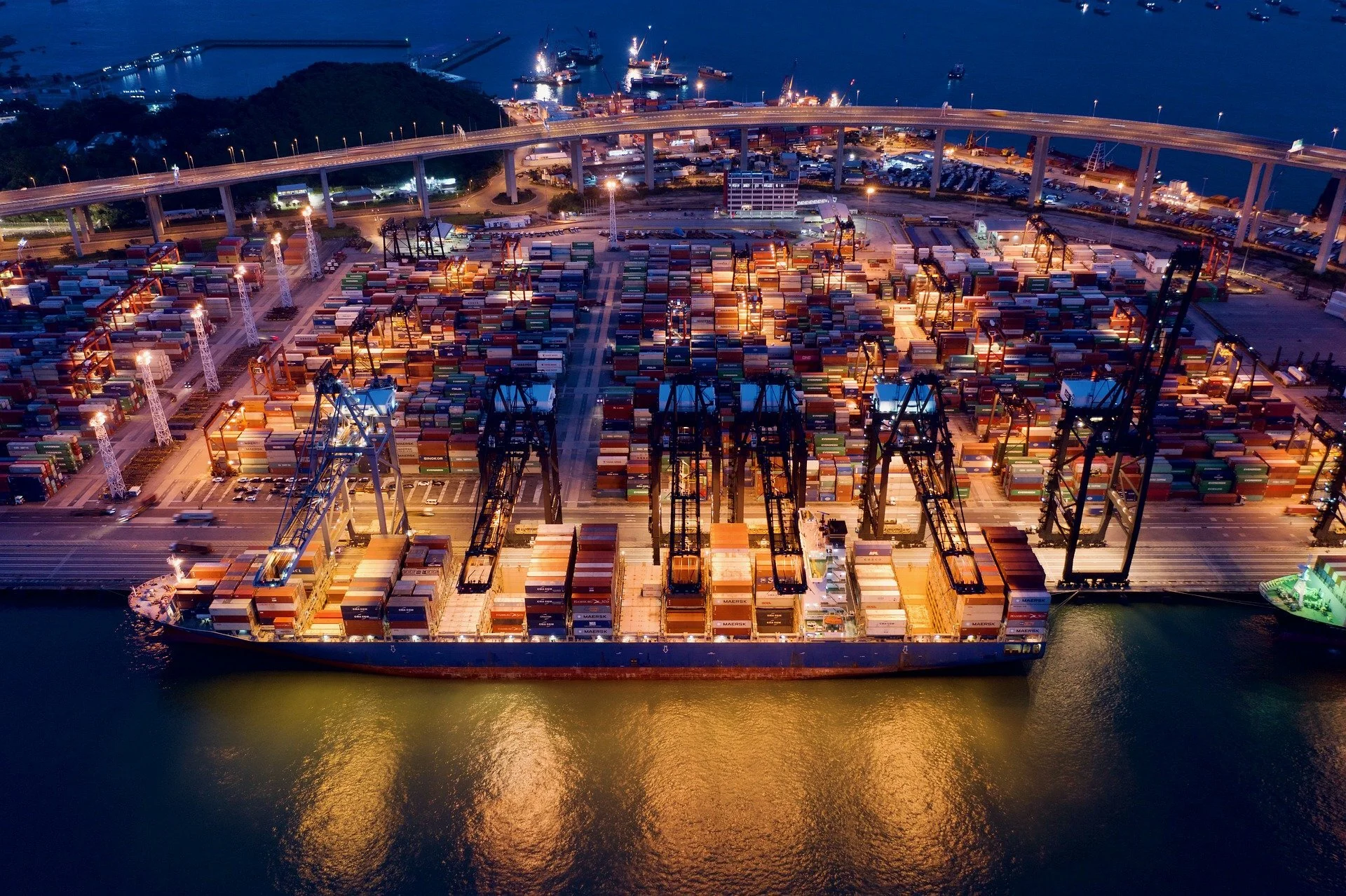Written by Jeffrey Wilson
There is nothing to fear in terms of RCEP becoming a vehicle for Chinese economic dominance of the Indo-Pacific. In fact, we should be more worried about the strategic implications of a RCEP failure than its success.
Read More
















